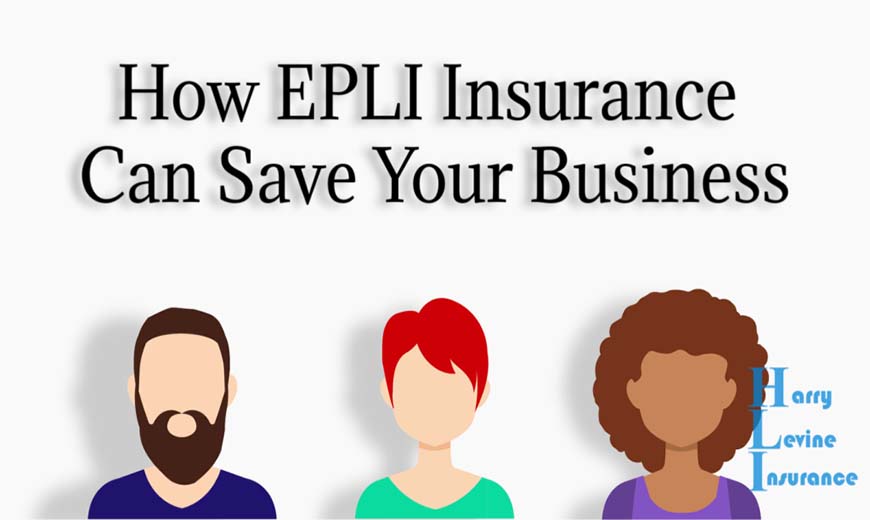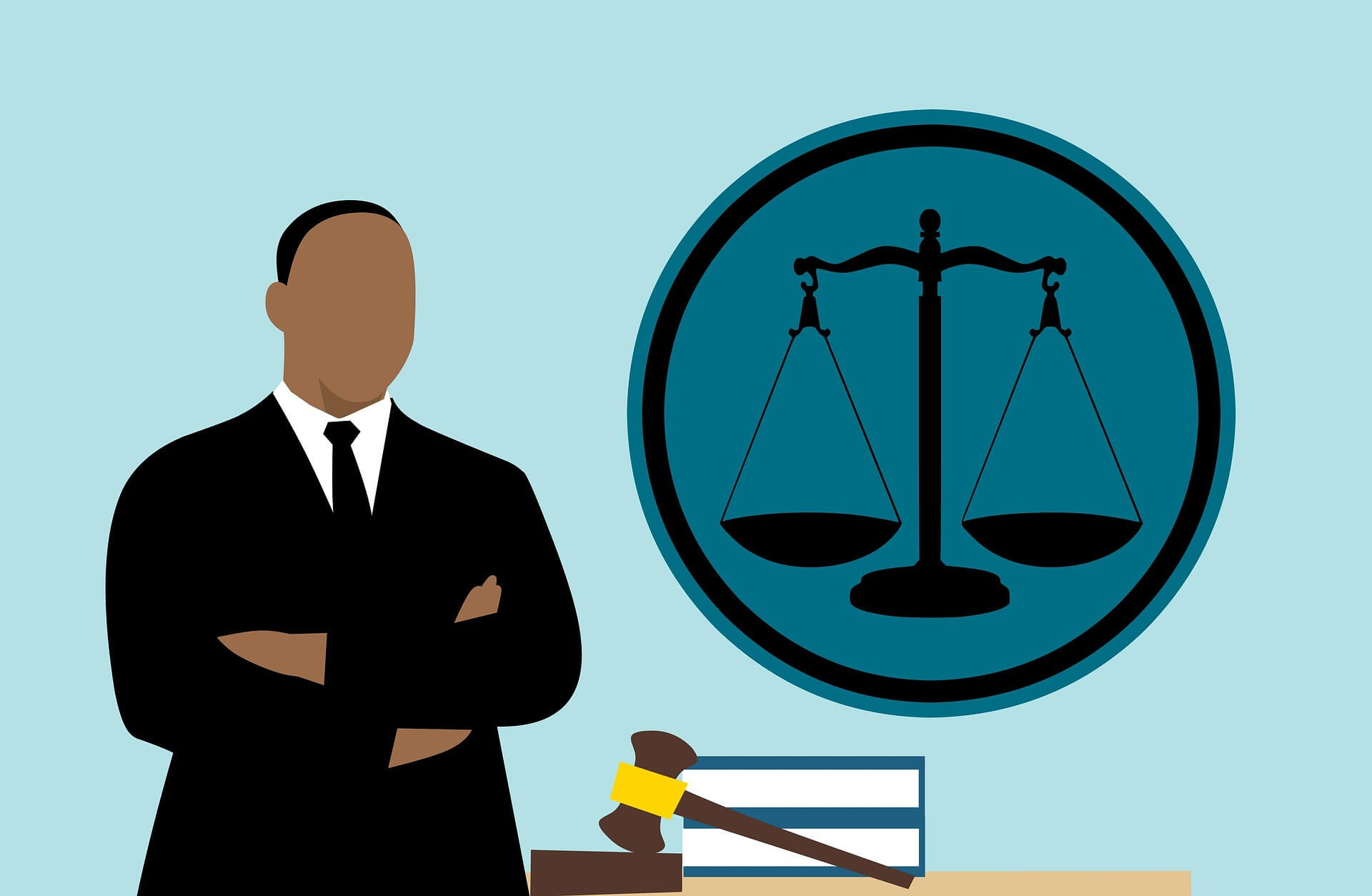After your BOP, Employment Practices Liability Insurance (EPLI) is one of the most important commercial insurance policies you will ever purchase.
Along with worker’s comp, liquor liability coverage, and commercial auto, EPLI insurance is an essential addition to any business looking to build a comprehensive portfolio of coverage.
What is EPLI Insurance?
EPLI helps protect against lawsuits charging your company with:
- Discrimination based on race, color, religion, sex, pregnancy, national origin, age, handicap, or marital status;
- Wrongful termination or discipline;
- Harassment;
- Failure to promote;
- Breach of contract; and
- Other employment-related complaints.
While illegal and intentional acts are never insurable, the cost of defending such claims can be into the hundreds of thousands of dollars. EPLI insurance will cover your business’s legal costs as well as any judgments or settlements you may have to pay.
Not typically covered are:
- Punitive damages
- Civil or criminal fines
- Worker’s comp claims or other claims covered by a separate policy or endorsement
- Intentional violations of employment regulations (Actual violations and intentional acts can often even require an insured to reimburse their insurance company if defense was provided.)
Why You Need EPLI Insurance
It’s not only Fortune 500 companies that are at risk for an employee lawsuit. Any business with even one employee faces the possibility of defending themselves from a disgruntled staff member, former worker, or job applicant.
And small businesses are often the least protected against employee lawsuits.
Large corporations typically have legal and HR departments, as well as employee manuals detailing the various types of fireable offenses. In a small business with no written policies in place, the line between justifiable action and discrimination tends to blur.
In the event of a legal battle, could your business stay afloat? EPLI insurance is one way to keep the doors open and the lights on, even if you start racking up court costs.
“But I Would Never Discriminate Against Someone!”
It would be a perfect world if the good guys always won. But ultimately, this isn’t about your motives, it’s about how others perceive them.
Let’s say you hired a hearing-impaired person to do the accounting for your landscaping business.
Kevin sounded great on paper and interviewed well, but can’t seem to get the hang of the job. You’ve given him plenty of chances to improve his work, but it just isn’t making a difference. You decide to terminate his employment and find someone who can perform the job better.
Your former employee finds an attorney who will take his case and, a few weeks later, you find yourself facing a lawsuit accusing you of discrimination and wrongful termination. Although Kevin’s disability was the last thing on your mind during that exit interview, you have been accused of discrimination anyway and now have to defend yourself in court.
Even if Kevin never got past the interview stage, he might still decide to pursue legal action against you, citing your discrimination as the reason he wasn’t hired.
You might still have to retain a lawyer and go to mediation or court but with EPLI, you don’t have to worry about how you’ll pay for it.
What Does EPLI Cost?
Like any insurance policy, EPLI premiums are based on a variety of risk factors, including but not limited to:
- type of business,
- business location,
- number of employees,
- history of complaints or lawsuits,
- employee turnover, and
- existence (or lack thereof) of an employee handbook.
EPLI can be offered as an endorsement to your BOP or as a standalone policy. Your insurance agent can discuss all of these factors with you and help you find a plan that fits your needs as well as your budget.
But no matter how much EPLI coverage costs you, it’s worth every penny to know that you’re protected.
What To Do Next
First, speak with your local independent insurance agent about your business, its risk factors, and where an EPLI insurance policy would fit in.
But beyond that, there are several other steps you can take toward avoiding lawsuits as a small business.
- Make sure that your employment ads and applications include an equal opportunity/employment at-will statement and don’t contain any discriminatory language. (It might help to familiarize yourself with the laws enforced by the EEOC.)
- Develop a plan to vet potential employees before you get to the interview stage.
- Conduct background checks on all interviewees.
- Compile an employee handbook of your company’s policies, including attendance guidelines and discipline procedures. (Don’t forget an employment at-will statement and an equal employment opportunity statement!) It’s also a good idea to post these policies around the office so everyone is clear on them.
- Write a clear, thorough job description for each position.
- Conduct regular performance reviews for your employees’ files and have them sign off on them.
- Make your office aware that there is a zero tolerance policy on discrimination, harassment, and criminal activity and encourage them to report such incidents.
- When incidents arise, keep written documentation of each incident, who was affected, and how it was resolved.
Remember, it’s your job to be an equal opportunity employer. It’s our job to make sure you’re protected in the case that something arises.
Let us do the job of making sure your business stays afloat while you continue to be an equal opportunity organization! Call today so we can discuss the policies you should have for your business.









